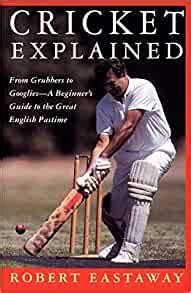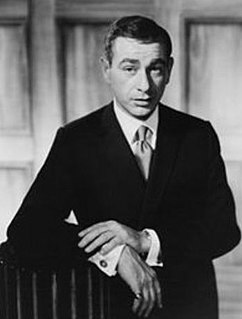A Quote by Robert Sternberg
I've taught statistics, math courses and what I've found is that often if you teach them algebraically the formulas, you'll have one group of kids doing well.
Related Quotes
In the patient who succumbed, the cause of death was evidently something which was not found in the patient who recovered; this something we must determine, and then we can act on the phenomena or recognize and foresee them accurately. But not by statistics shall we succeed in this; never have statistics taught anything, and never can they teach anything about the nature of the phenomenon.
When my kids were growing up, I wanted their teachers to teach them science, reading, math and history. I also wanted them to care about my kids. But I did not want my children's public school teachers teaching them religion. That was my job as a parent and the job of our church, Sunday school, and youth group.
It only takes about 50 contact hours to transmit basic literacy and math skills well enough that kids can be self-teachers from then on. The cry for 'basic skills' practice is a smokescreen behind which schools pre-empt the time of children for twelve years and teach them the six lessons I've just taught you.
When I got to college, I planned to be a math major, and, in addition to signing up for some math courses, I decided to take some philosophy. Quite by chance, I took a philosophy of science course in which the entire semester was devoted to reading Locke's Essay. I was hooked. For the next few semesters, I took nothing but philosophy and math courses, and it wasn't long before I realised that it was the philosophy that really moved me.
There's a tendency for adults to label the math that they can do (such as identifying patterns, choosing between competing offers in a supermarket, and challenging statistics published by the government) as "common sense" and labeling everything they can't do as "math" - so that being bad at math becomes a self-fulfilling prophecy.
I loved doing problems in school. I'd take them home and make up new ones of my own. But the best problem I ever found, I found in my local public library. I was just browsing through the section of math books and I found this one book, which was all about one particular problem - Fermat's Last Theorem.
I loved school, was an exceptional student, and found a passion for math and science that led me to Vanderbilt University, where I discovered the world of electrical engineering. I did well in college, loved the work I was doing, and soon found myself climbing the corporate ladder after graduation. I was one of the lucky ones.




































